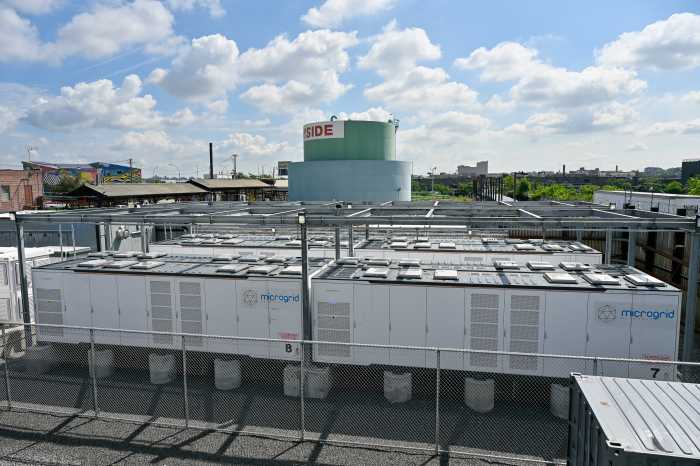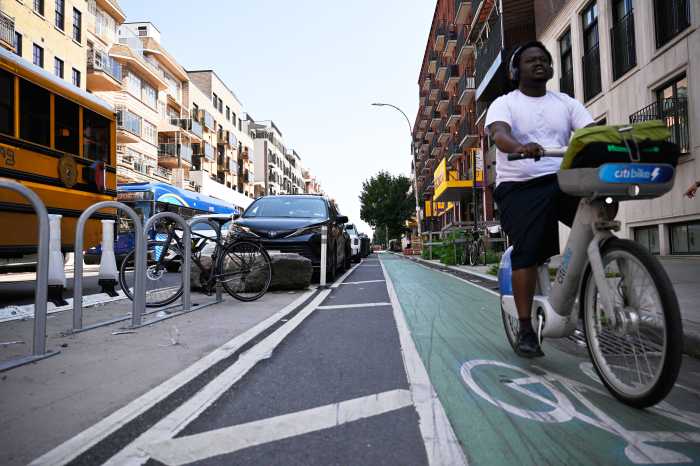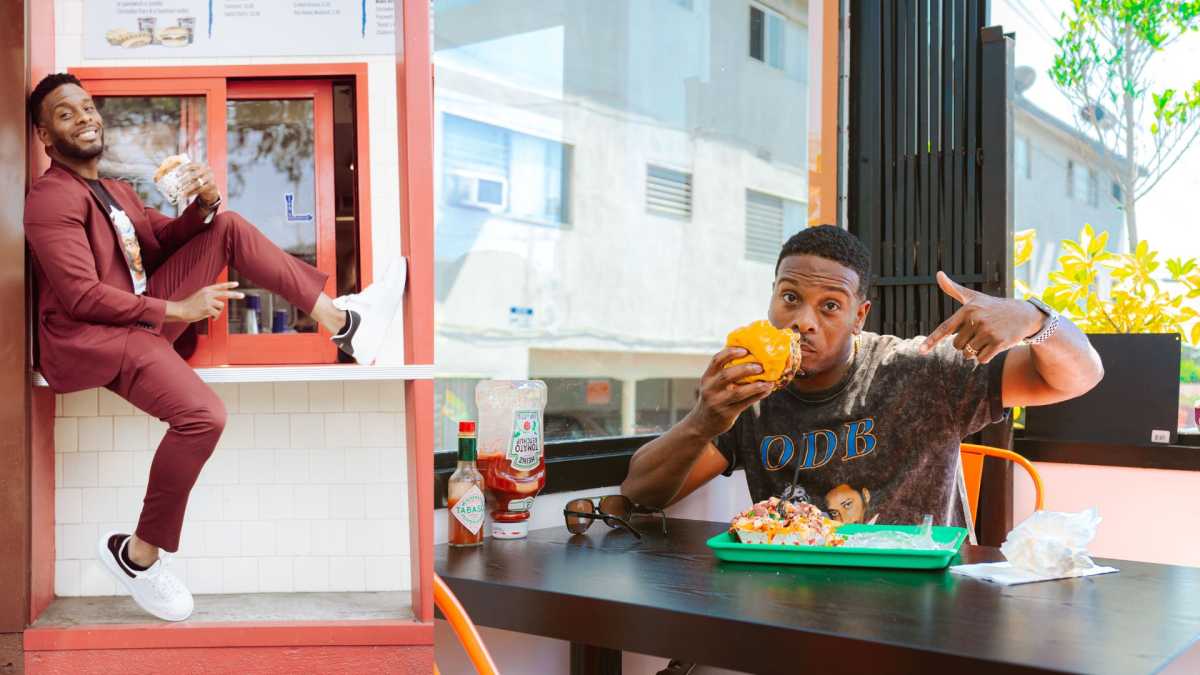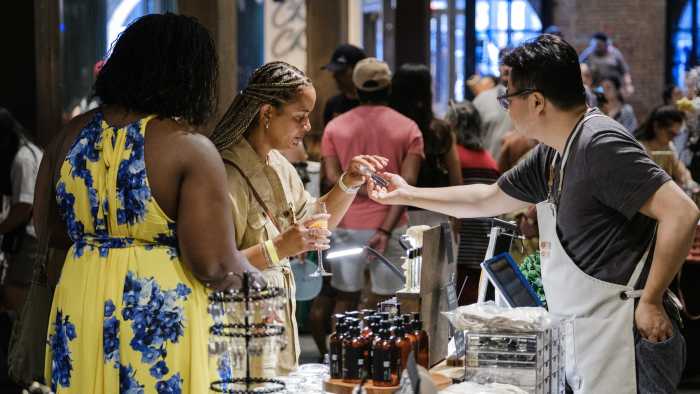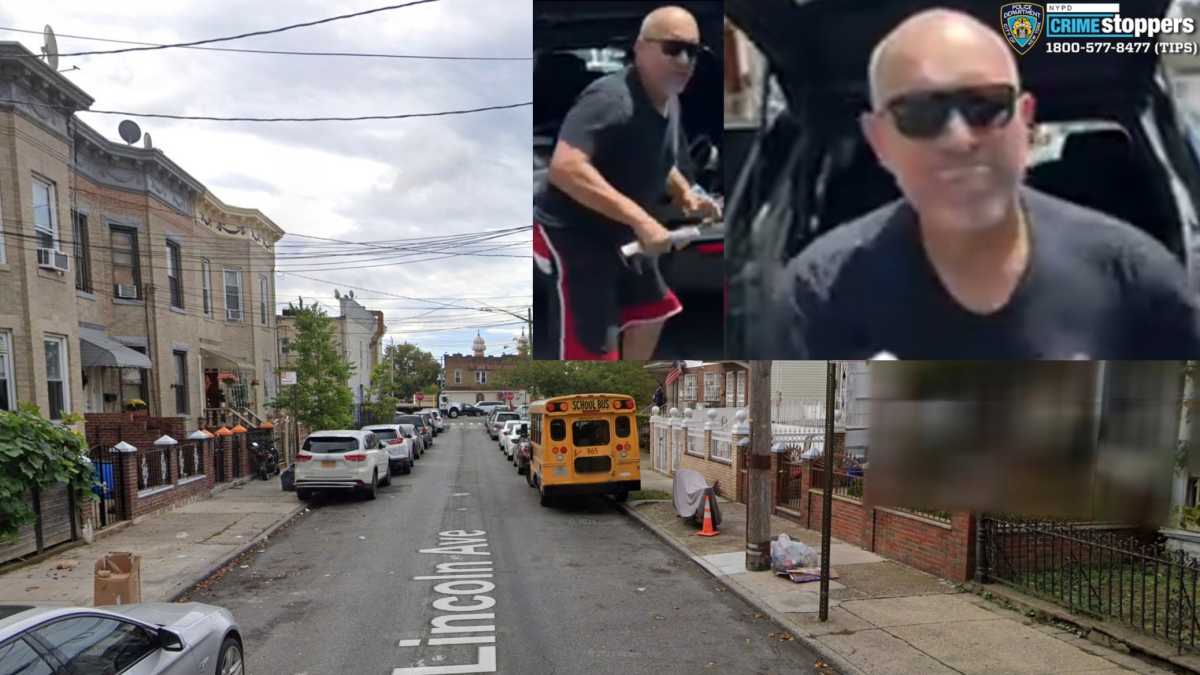A desolate stretch in Williamsburg could soon become a new shopping center.
Plans for a large retail mall on the corner of Keap and Grand Streets are moving forward as the city issued permits this month to demolish an abandoned Shell gas station on a triangular-shaped industrial lot.
Queens-based developer Meir Babaev has already branded the complex Triangle Court. He says he has coveted the property for four years based on its proximity to several new housing developments and its location on a commercial strip between two growing sections of Williamsburg.
So far, Babaev does not have any tenants, but says he is negotiating with a pharmacy and an electronics shop, a convenience store, and a restaurant.
There’s one catch: he doesn’t own the land yet.
“The near-term potential sure looks good for this turning from an abandoned gas station to a vacant lot,” said Community Board 1 Land-Use Committee Chairman Ward Dennis.
Babaev disputed the notion, saying that he will purchase the lot outright within 18 months and break ground in June.
The property’s owner, Miriam Karsh, declined to comment.
The triangular corner has experienced dramatic changes, which mirrored Williamsburg’s transformations over the past century.
In the early 1900s, an open-air retail market existed on the corner, but it was knocked down in the 1920s for a theater house, Metropolitan Play Houses. In 1967, the theater company leased the site to Shell Oil, which built a gas station on the premises.
Plans were in the works to bring movies to the site in 1992 when United Artists bought the property, but the move fell through a year later, and the site has since become neglected.
Despite the past, or perhaps because of it, Babaev has high hopes for the property and the neighborhood, whose plan was first reported by Brownstoner.
“Everyone is developing condos,” said Babaev. “The only safe thing to develop today is retail. When people move into a condo, they want to do their shopping, trade in their cellphone, and buy their food close to home.”
In the coming years, Babaev will add even more housing to the neighborhood — above his shopping center. Plans are in the works for 36 units in a four-story building, but those will be “several years down the line,” after he completes the first-floor shopping center — sometimes called a “taxpayer” in real-estate circles because income from rents cover the developer’s property taxes until he can finish a larger project.


